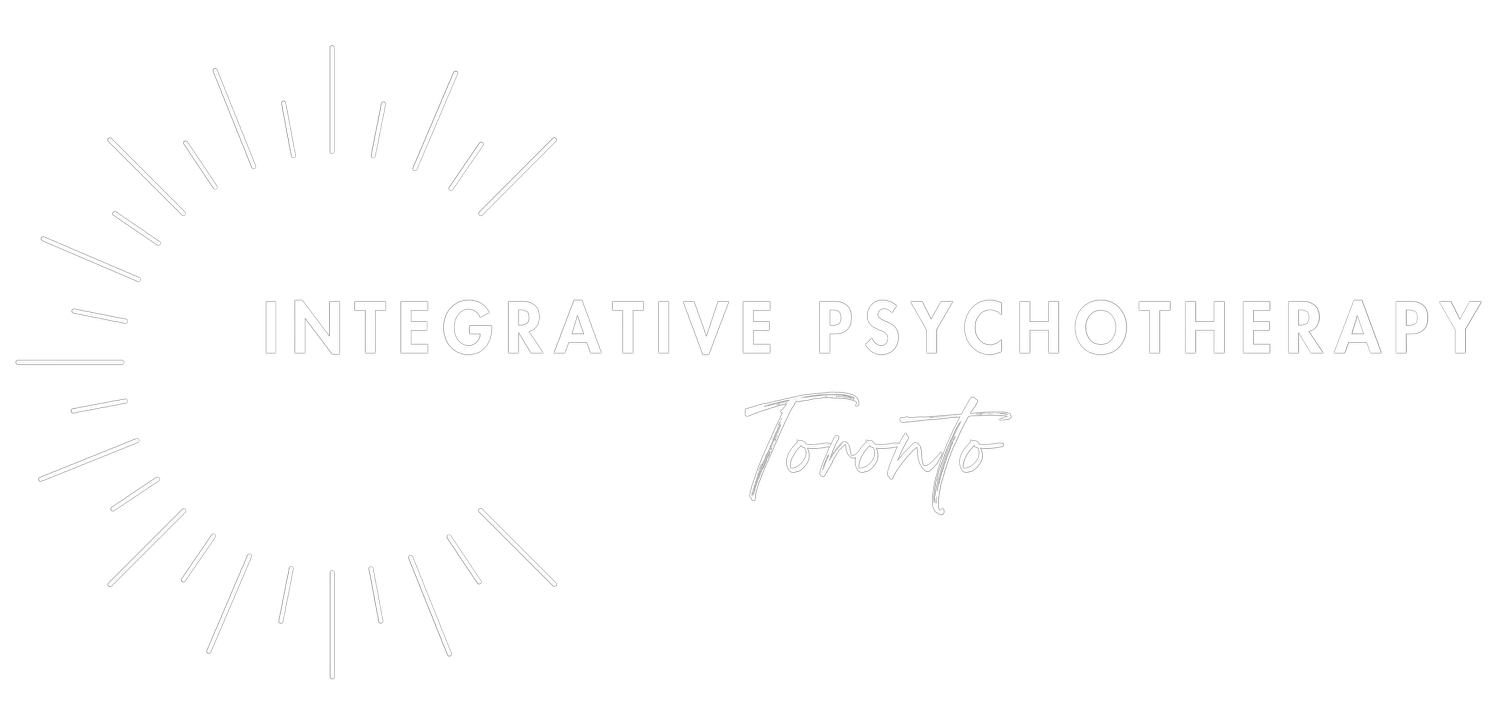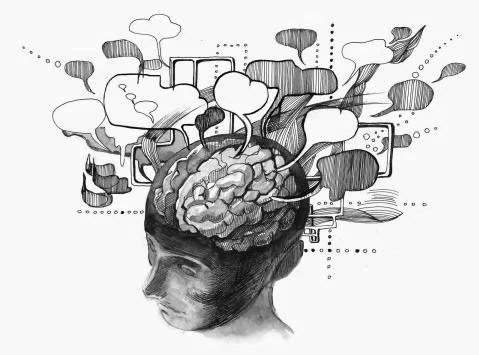Unlocking the Chains of Trauma with EMDR
Key points:
In this short form article, we take a brief look at EMDR therapy; what it is, what it treats, the benefits, and how to find a qualified therapist.
If you’re interested in a taking a deeper dive into the topic, check out Deep Dive: EMDR, A Primer For Patients.
Difficult, stressful and traumatic experiences can overwhelm the brain’s processing capacities, leaving the memories of such events stored in an unprocessed state in the brain. As a result, the memory becomes “frozen” in time and continues to elicit strong emotions, avoidance behaviours, and other symptoms of distress.
Such memories can be like a chain that keeps us locked in the past, preventing us from moving forward in our lives. EMDR therapy works by unlocking these chains and helping individuals process and integrate their traumatic experiences, freeing them from their grip.
What is EMDR Therapy?
Eye Movement Desensitization and Reprocessing (EMDR) is a revolutionary technique in the field of psychotherapy that has gained recognition for its ability to help individuals process traumatic memories and reduce associated symptoms of distress. EMDR works by facilitating the processing of traumatic memories through bilateral stimulation, such as eye movements or tapping. This activates the left and right hemispheres of the brain and stimulates the brain’s natural information processing system. When used to target difficult experiences, EMDR can help individuals access and integrate unprocessed memories, reducing their hold over them.
What does EMDR Treat?
Post-Traumatic Stress Disorder (PTSD)
Anxiety
Depression
Phobias
Substance abuse
Chronic pain
Benefits of EMDR Therapy
Helps individuals process and integrate traumatic experiences
Reduces the emotional impact of traumatic memories
Improves symptoms of trauma-related disorders such as anxiety and depression
Improves overall functioning and well-being
Why USE Emdr in therapy?
EMDR therapy has gained popularity because it is:
Effective: EMDR has been found to be highly effective in treating trauma and related conditions. In many cases, EMDR has been found to be more effective than other forms of therapy, including exposure therapy and cognitive-behavioral therapy.
Time-Efficient: EMDR is often faster than other forms of therapy. Because EMDR works by accessing and processing traumatic memories directly, clients can often achieve significant reductions in symptoms in a relatively short period of time.
Non-Invasive: Unlike other forms of therapy that may require clients to re-live traumatic experiences, EMDR is a non-invasive form of therapy that does not require clients to directly confront their traumatic memories.
Integrative: EMDR integrates elements of cognitive-behavioral therapy, exposure therapy, and other forms of therapy, making it a flexible and adaptable tool for treating a wide range of conditions.
How to Find a Qualified EMDR Therapist
To ensure the best possible outcome from EMDR therapy, it is important to find a qualified EMDR therapist. A qualified EMDR therapist will have received proper training and certification in EMDR and will have experience using this technique in their practice. When searching for an EMDR therapist, consider the following factors:
Training: Look for a therapist who has received proper training in EMDR and who is affiliated with the EMDR Canada and EMDR International Association (EMDRIA).
Certification: A therapist who is certified in EMDR has done considerably more training and has considerably more experience than one who has only completed Basic Training in EMDR. EMDR Canada and EMDRIA both have great “Find a Therapist” sections, which can help you find an EMDR therapist, and indicate their level of training.
Experience: Consider a therapist with experience using EMDR in their practice and who has helped clients with similar conditions to your own.
Credibility: Look for a therapist who is well-respected in the field and who has a good reputation among their peers and clients.
Conclusion
Trauma can leave deep and lasting scars that can impact our daily lives and relationships. EMDR therapy provides a unique and effective approach to healing the effects of trauma by unlocking its chains. If you are struggling with the aftermath of trauma, consider seeking EMDR therapy to find relief and improve your overall well-being.
Looking for More?
If you’re interested in learning more about EMDR, we have lots of information to geek out on! You might enjoy:







